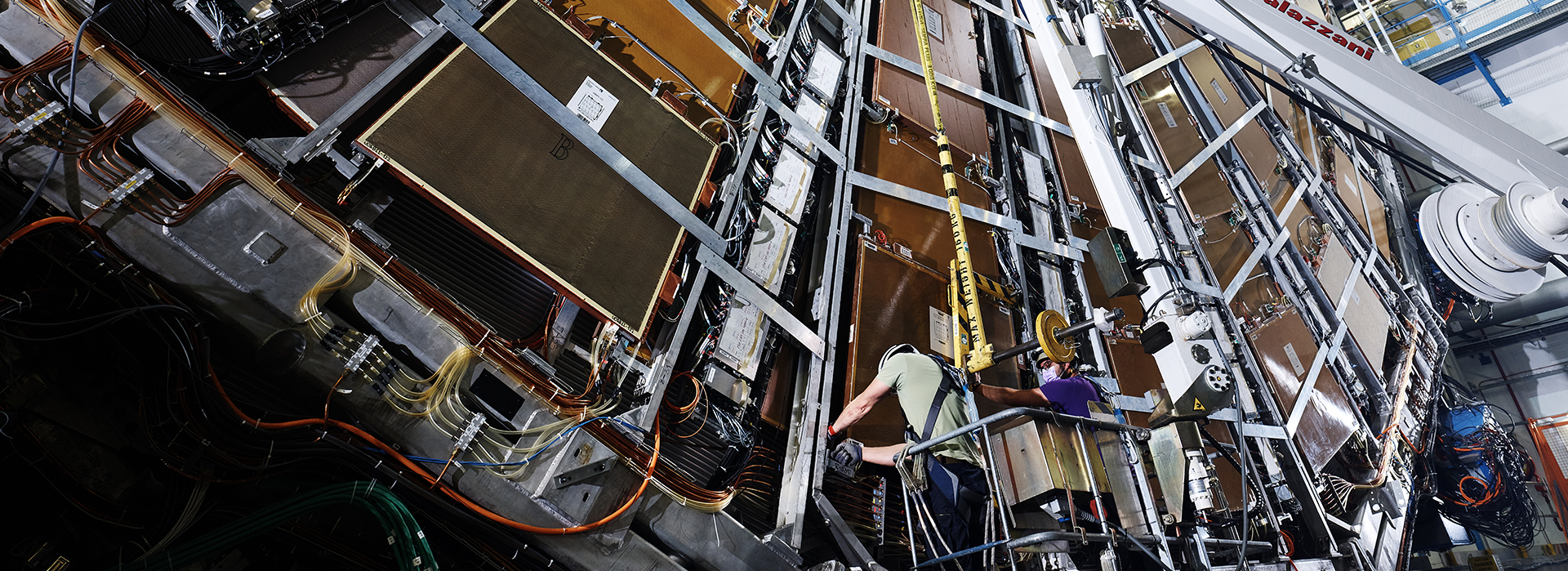Frontiers of the Universe
Exploring the grandest and greatest of mysteries
The Frontiers of the Universe flagship leverages Weizmann expertise in particle physics and astrophysics to reveal new insights about the fundamental building blocks and farthest outer reaches of our existence.
A centerpiece of the Frontiers project is ULTRASAT—Israel’s first Earth-orbiting space-research satellite. At a meeting in 2023 with senior representatives of NASA, Prof. Eli Waxman from the Department of Particle Physics and Astrophysics described how the ultraviolet detection capabilities of ULTRASAT could help link stars to specific patterns of supernovae explosion dynamics. The data gathered by ULTRASAT will make it possible to characterize the flares around candidate stars where habitable planets may be found.
The Weizmann Institute is also building a new astrophysical observatory near Kibbutz Neot Smadar in the Negev Desert that will include several facilities for scanning the sky and making follow-up observations. A core element of this observatory is the Large Array Survey Telescope (LAST), led by Prof. Eran Ofek and Dr. Sagi Ben-Ami from the Department of Particle Physics and Astrophysics, which is designed to provide the fastest sky-scanning capabilities in the world.
